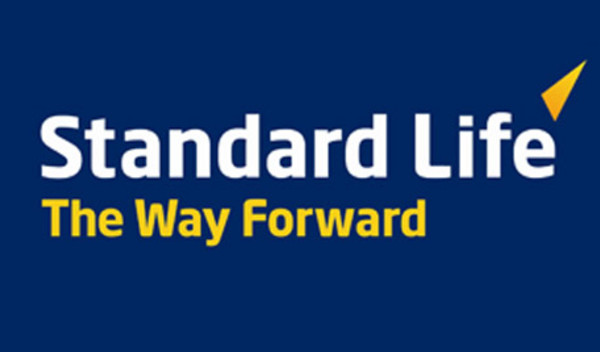

Four years after seismic retail distribution review rule changes attacked financial sector giants’ influence on client money - most notably by banning commission – life and investment companies are snapping up rivals, advice firms and platforms.
Aviva, Old Mutual Wealth and most recently Standard Life have in the last two years cemented their ownership of every step of the financial services value chain, from advice, to funds and products, to the platforms where customers money is held.
Simon Mansell, director of Worcester-based Temple Bar Independent Financial Advice, said: “Tied sales distribution and all that is wrong with restricted choice is about to reinvent itself.
“Shakers and movers of the tied world have slipped back into positions of authority and are well placed to recreate the industry in their ugly image, warts and all.”
Aviva’s expansionist plans mean it is now the UK’s largest insurance, savings and asset management firm; in 2015 it bought rival Friends Life and advice group Sesame Bankhall in a £5.6bn deal.
The most aggressive in buying advice firms so far this year is Standard Life.
Over a three week period between March and April this year it absorbed Munro Partnership, Almary Green and Baigrie Davies into its 1825 network, which was launched with the purchase of Pearson Jones in February 2015.
Both Aviva and Standard Life stated their purchases show their support for the financial advice industry.
A spokesperson for Aviva said the company was “fully committed to providing quality and choice to advisers and their clients, and having a strong, straightforward platform that works for them”.
A spokesman for Standard Life said: “We have always been very strong supporters of the RDR, and our recent acquisitions demonstrate our commitment to the adviser market by supporting the provision of high quality financial advice.”
But some advisers have argued the move by insurers to snap up intermediary businesses undermine the ‘spirit’, if not the letter, of the RDR’s aim to remove undue bias in financial advice.
In addition, Lee Robertson, chief executive at London-based Investment Quorum, said he sees the potential for such ‘vertically integrated’ behemoths to cost customers dearly, as shareholders demand higher profits.
“Some of the vertically integrated firms seem to carry high costs and this will impact clients in a low returns environment.
“The firms must, and regulator should, ensure they put investors ahead of shareholders. Where is the incentive for non-independent businesses to push for better deals for investors?”
On 4 May, Standard Life announced plans to buy fund platform Elevate from rival Axa, as the French group exits the UK market.
Mark Polson, managing director of consultancy The Lang Cat, said, the deal brought Standard Life’s platform assets under management close to £40bn, making it the biggest holder of advised clients’ money.
He flagged potential suitability assessment issues for advisers with the takeover.
Referring to the colours of the two companies’ logos, he said: “Somewhere, an adviser decided each client would be better served by a red and blue [Axa] offering than a yellow and blue [Standard Life] one.
“Advisers may wish to consider a fresh suitability assessment for each client.”
As well as managing a dominant share of their clients’ cash, Standard Life has also zealously bought up advice firms – turning them from independent businesses to ones restricted to a more limited number of products, including Standard Life’s own.
Andrew Moore, IFA at Plymouth-based Goodmans Financial Planning, said he doubts the value to clients of vertically integrated advice firms like 1825.
He said: “It is very unlikely the proposition will devote many of what can be up to 250bps of total cost to the financial planning needs of a client. It will be an asset gathering operation.
“I think it will be harder to maintain the spirit of RDR in a vertically integrated set up.”
Danny Cox, head of advice at Hargreaves Lansdown, said the rise, or return, of the ‘super’ life company is down to the RDR shifting financial advice away from product sales to “a bone fide value added service”.
He said: “So it’s not surprising we are seeing manufactures keen to secure their distribution – again.
“History should have taught these firms to ensure they offer their customers decent quality products, within a fairer and better controlled framework.”
laura.miller@ft.com



